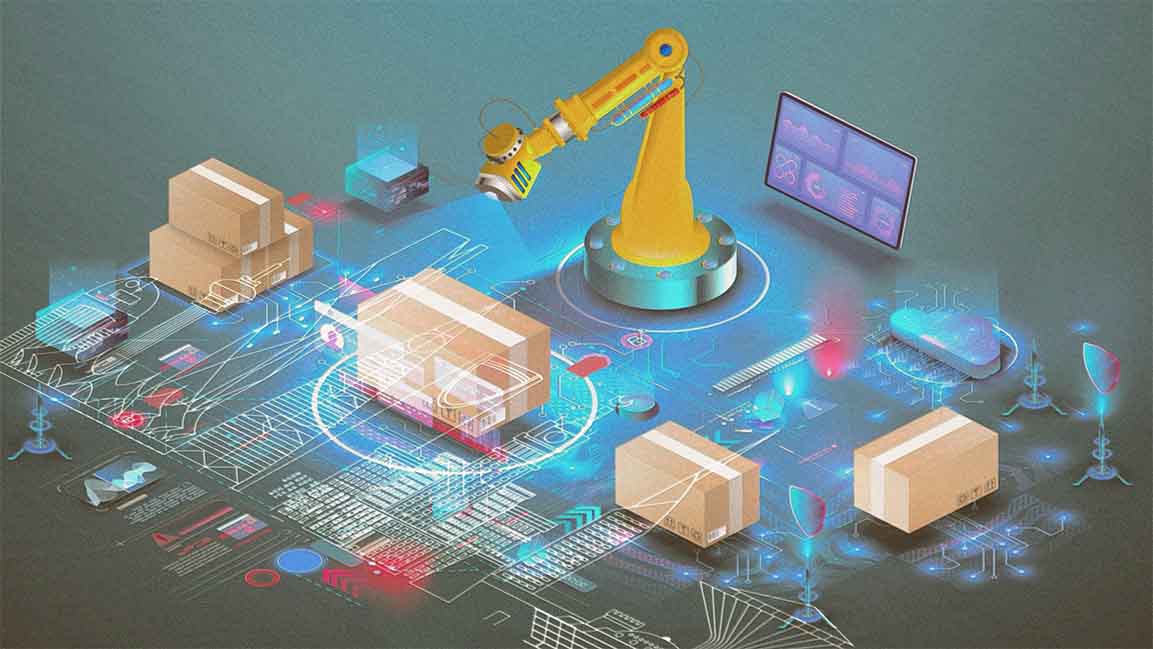- | 12:00 pm
AI fueling logistics sector transformation in Saudi Arabia
The transformation is being driven by a need to improve efficiency, and contribute to sustainable development

AI affects almost every sector. In the logistics industry, AI has proved to be a game changer. According to a report by McKinsey, by the year 2030, AI will help develop a new-age logistics paradigm. Robots can contribute towards easing and automating various services such as routing, storing, packing, and delivering.
Saudi Arabia, which intends to establish 59 logistics zones by 2030 and increase port capacity to more than 40 million containers, is deploying AI to make the logistics sector efficient and sustainable, with ambitious plans to deploy self-driving vehicles across its transportation landscape.
The kingdom aims to have 15% of its public vehicles autonomous by 2030, and several mega projects are underway to develop and implement autonomous transportation systems.
According to Transport and Logistics Minister Saleh Al-Jasser, the kingdom’s logistics sector is undergoing a rapid AI-fueled transformation.
Al-Jasser said the transformation is driven by a need to improve efficiency, contribute to sustainable development, and promote the national economy.
He added that the kingdom’s Vision 2030 aims to make Saudi Arabia a global logistics hub and to improve the quality of life in Saudi cities.
The National Transport and Logistics Strategy, launched in 2020, aims to double the sector’s contribution to GDP, make Saudi Arabia one of the top 10 countries in the Logistics Performance Index, increase the public transportation share to more than 15% of total trips, and reduce carbon emissions from the sector by 2% per capita annually.
The strategy also includes goals to increase airport capacity to more than 330 million passengers per year, enhance port capacity to reach 40 million containers annually and enhance safety in transportation methods.
Al-Jasser said that modern technology, alternative fuels, environmentally friendly vehicles, and shared transportation are essential to achieve these goals.
To support the adoption of autonomous mobility in both the passenger and logistics sectors, the Saudi government has launched the National Transport and Logistics Strategy (NTLS) in alignment with Saudi Vision 2030. The NTLS sets ambitious targets to transition 25% of goods transport vehicles into autonomous vehicles by 2030.
Recently, to facilitate the ease of doing business, it was announced that Saudi Arabia’s transport and logistics activities will be unified under the digital platform Logisti. The Ministry of Transport and Logistics signed an agreement with the Digital Government Authority to enable this software, offering consultations, services, and support for the digital transformation plan.































